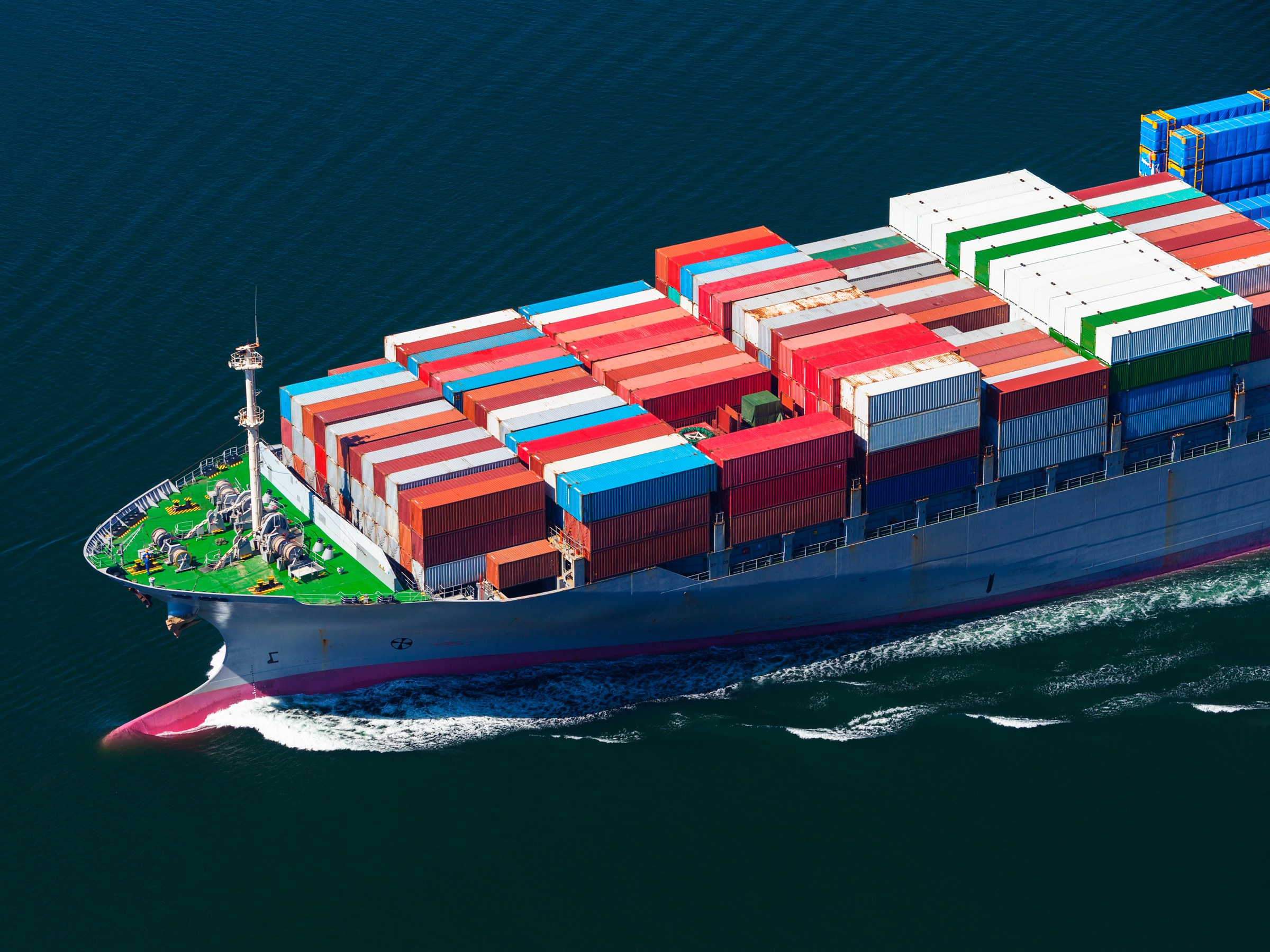The New Era of Product Shipping
With the rise of e-commerce has come increased expectations around delivery service, including in both the consumer and B2B worlds. When a consumer buys a product online, even two-day shipping, popularized by companies like Amazon, is often too long now, which is why Amazon and others are turning to one-day or even same-day shipping in some cases. For businesses, similar expectations apply, as employees want their products like office supplies to arrive as fast as they do when making personal purchases.
As a Deloitte study finds, the future of shipping is evolving to one that attempts to meet higher demand and increase speed by taking advantage of technology. These tech advances range from data analysis for optimizing delivery routes to the use of smart storage lockers to improve the efficiency of the so-called last mile of delivery where packages reach their end recipients. Even drones are starting to be deployed, and an expanded presence could help improve speed.
While these advances offer significant potential for consumers and businesses to receive the products they need almost as fast as buying from a retail store, at the same time gaining the efficiency of online purchasing, the transition won’t always be easy for suppliers and logistics companies. Businesses will also have to adapt to obtain the efficiency their employees crave.
Navigating New Expectations
One example of the challenge of meeting new shipping expectations can be seen in the performance of FedEx. As Reuters reports, FedEx recently cut its 2020 profit forecast, due to factors such as investing in the rollout of Sunday delivery, and the company has not always been able to keep up with expected delivery times in major cities.
These types of struggles can challenge suppliers, as even if they’re able to absorb the cost of expedited shipping, their delivery partners may not always meet expectations. Overcoming these obstacles may require suppliers to work more closely with partners like logistics companies, such as through increased data sharing, to figure out how they can expedite shipping. As the Deloitte study notes, carriers partnering with their “most forward-thinking customers to build mutual capabilities could well serve both parties.”
For procurement teams, this new era may also benefit those who can form strong partnerships with suppliers to figure out the best ways to optimize delivery speeds. For example, limiting the number of vendors you work with and spending more with certain suppliers could give you more leverage to work out an expedited shipping schedule. Your suppliers may also inform you of how you can help them help you, such as by trying to place orders for different types of products into one batch.
Moreover, data-driven procurement teams can gain insights into delivery speeds and accuracy in order to help their suppliers understand what needs to be optimized. Procurement teams can also eliminate underperforming vendors and then limit their relationships to those who can meet delivery expectations.
Improving Procurement With Premikati
Understanding your procurement activities, including delivery performance and supplier relationships, can help your organization receive optimal service quality in this new era of product shipping. Leveraging procurement services and/or purchasing platforms through Premikati, an SAP Ariba™ partner, can help you gain the data you need to make better decisions related to shipping. Our consulting services can also help you work with suppliers to optimize delivery according to your needs.
To learn more about how Premikati can help your organization thrive in this new era of shipping, please get in touch with our team




